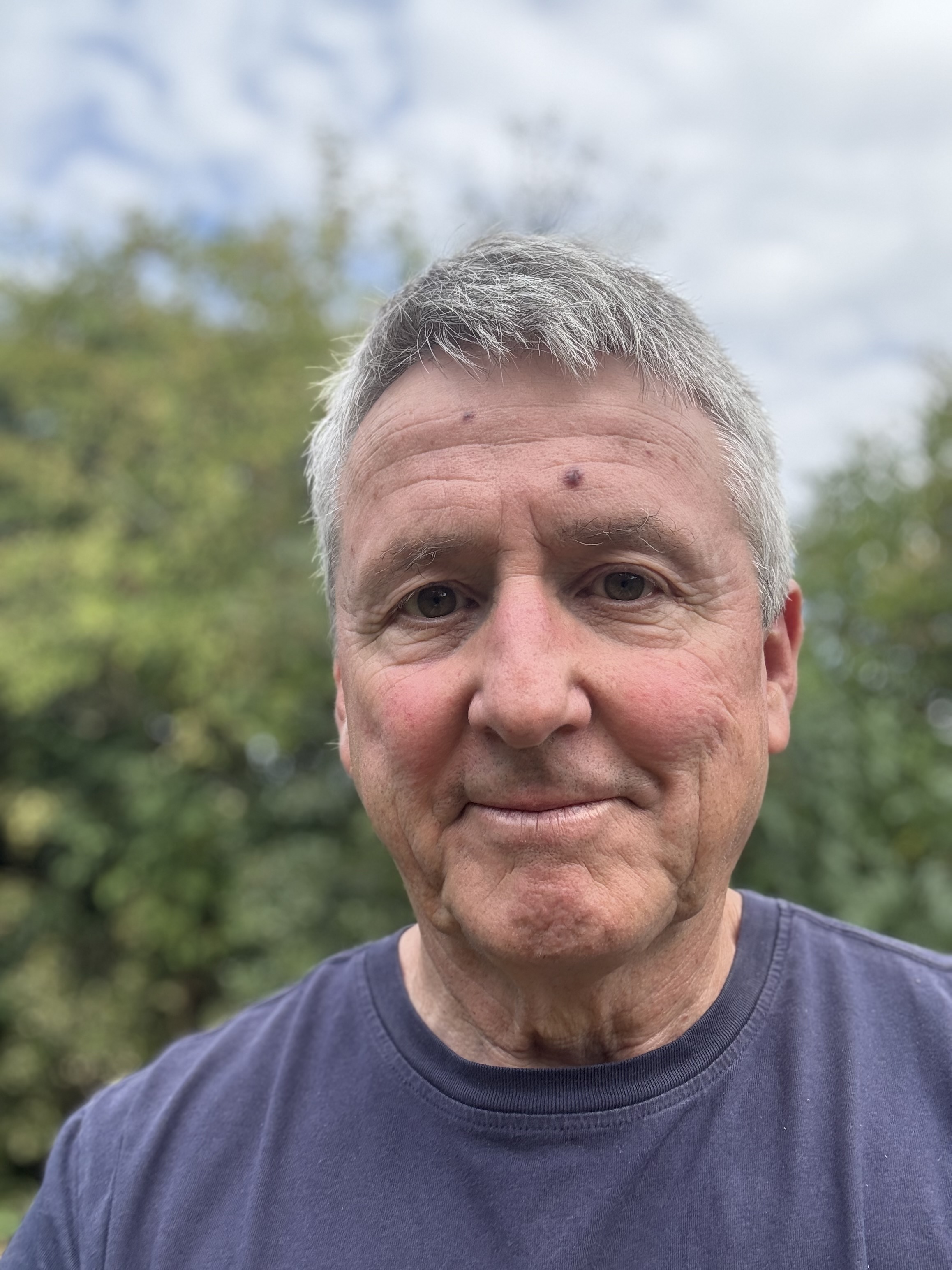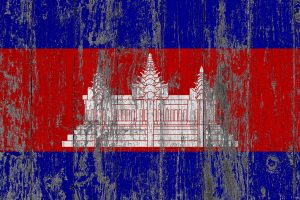
Photo Supplied
Dr. Edwin Pugh packed his bags with his wife Kim, also a doctor, and in 1988, left the comforts of Britain and went to work at Site 8, a notoriously difficult refugee camp and one of the few that was run by the Khmer Rouge.
The battles were many: all the diseases associated with the tropics and intense poverty were there, as were the many factions fighting in Cambodia’s long-running civil war, which back then included a Vietnamese occupation force.
Landmine victims, malnutrition, malaria, and pregnancy were all part of daily life in a camp shrouded with secrecy and spies deployed by the Khmer Rouge. These were also issues he would confront during the genocide in Rwanda.
Ever since, Pugh has maintained a role in delivering critical health services to where they are needed in Cambodia, and he has just published his latest book: “Conflicted: a doctor’s illustrated account of working in Site 8 Khmer Rouge refugee camp in 1988.”
“Conflicted” includes diary entries and more than a hundred previously unpublished photographs from Site 8 during Pugh’s tenure. His book is a timely release given the current border conflict between Cambodia and Thailand, which is dominating life on both sides of the frontier.
Pugh spoke with The Diplomat’s Luke Hunt about those outstanding border issues and about how much life in Cambodia has improved since its days as a failed state. He also says the nature of NGO work has shifted dramatically and that needs have changed accordingly.

































